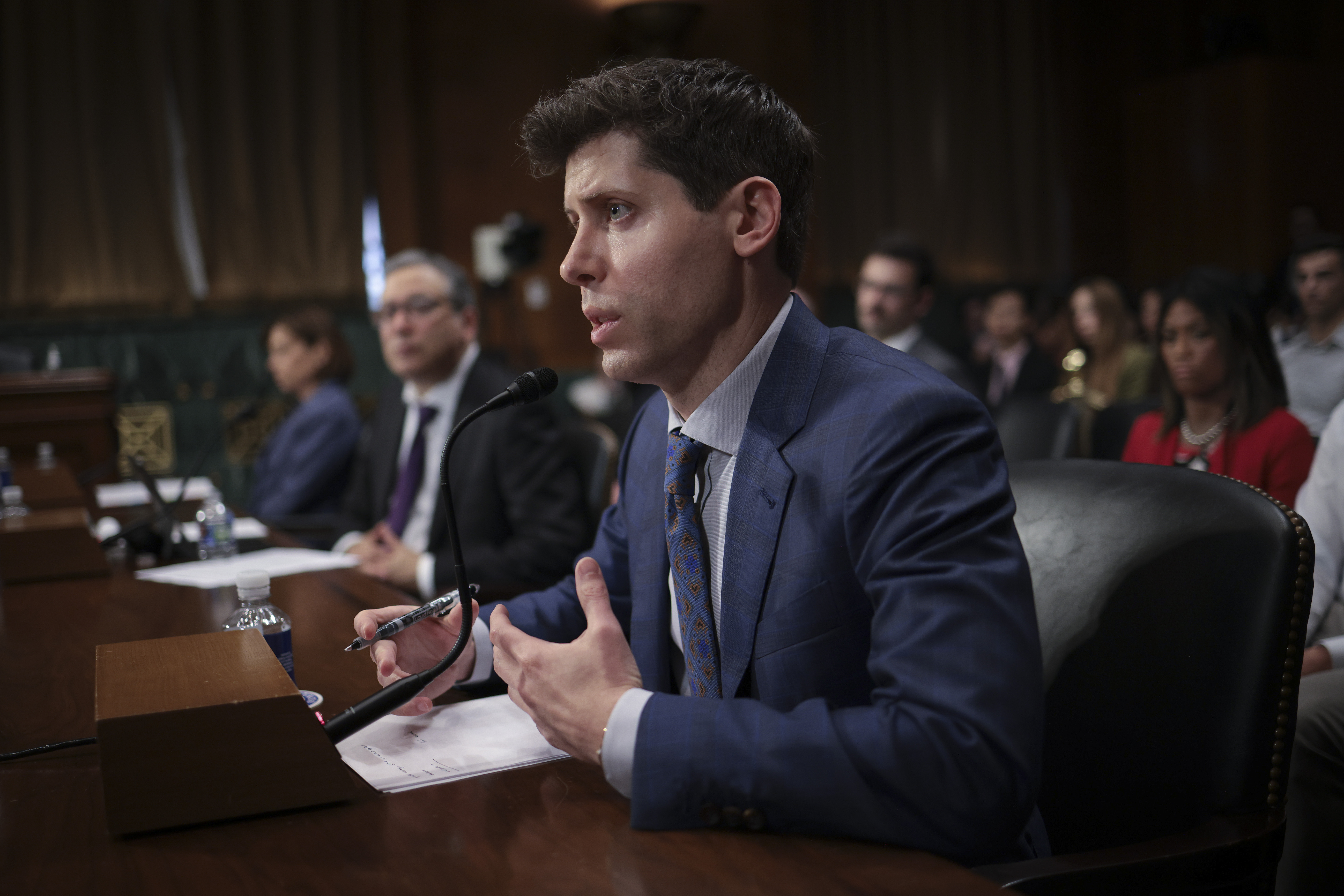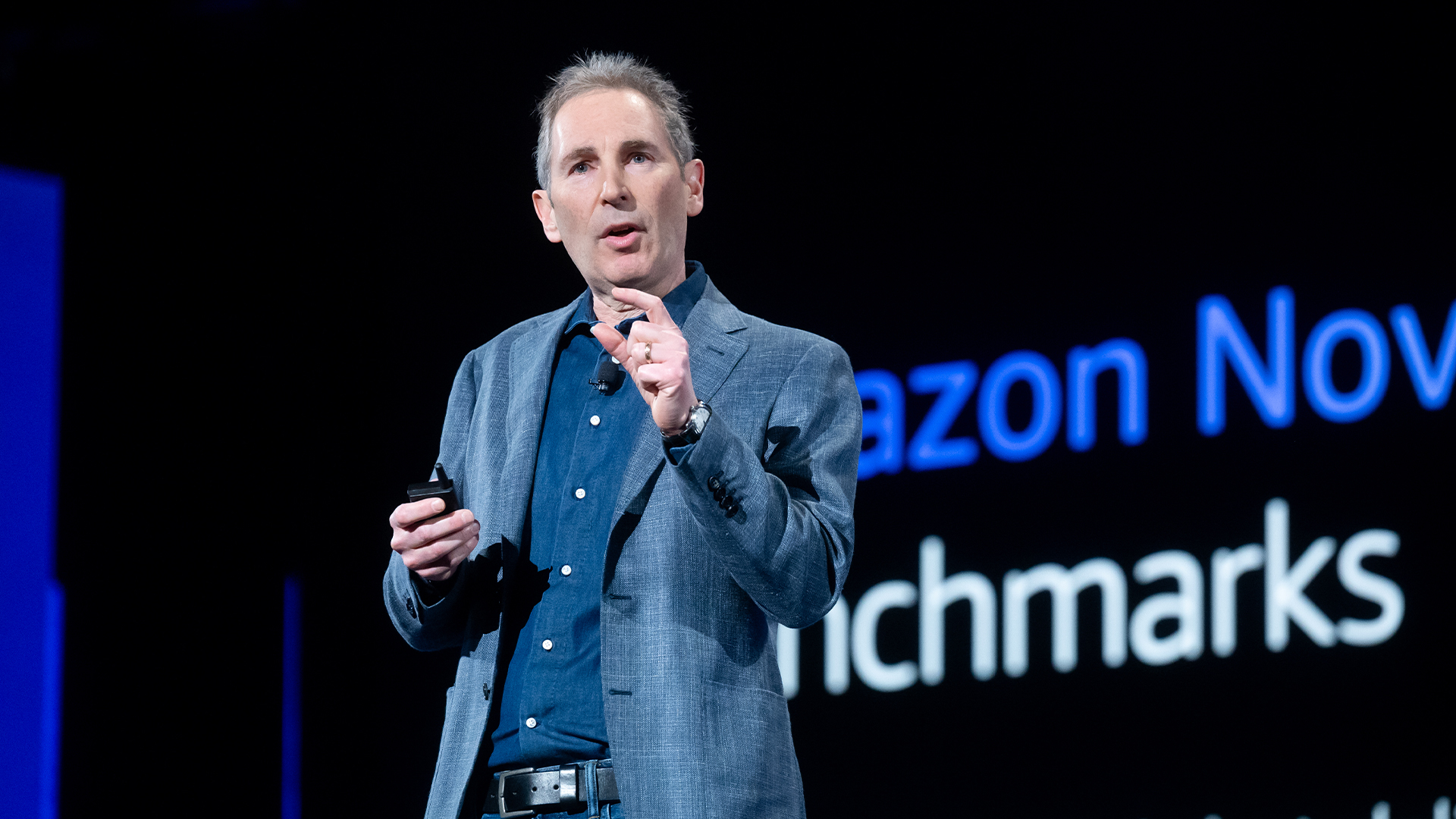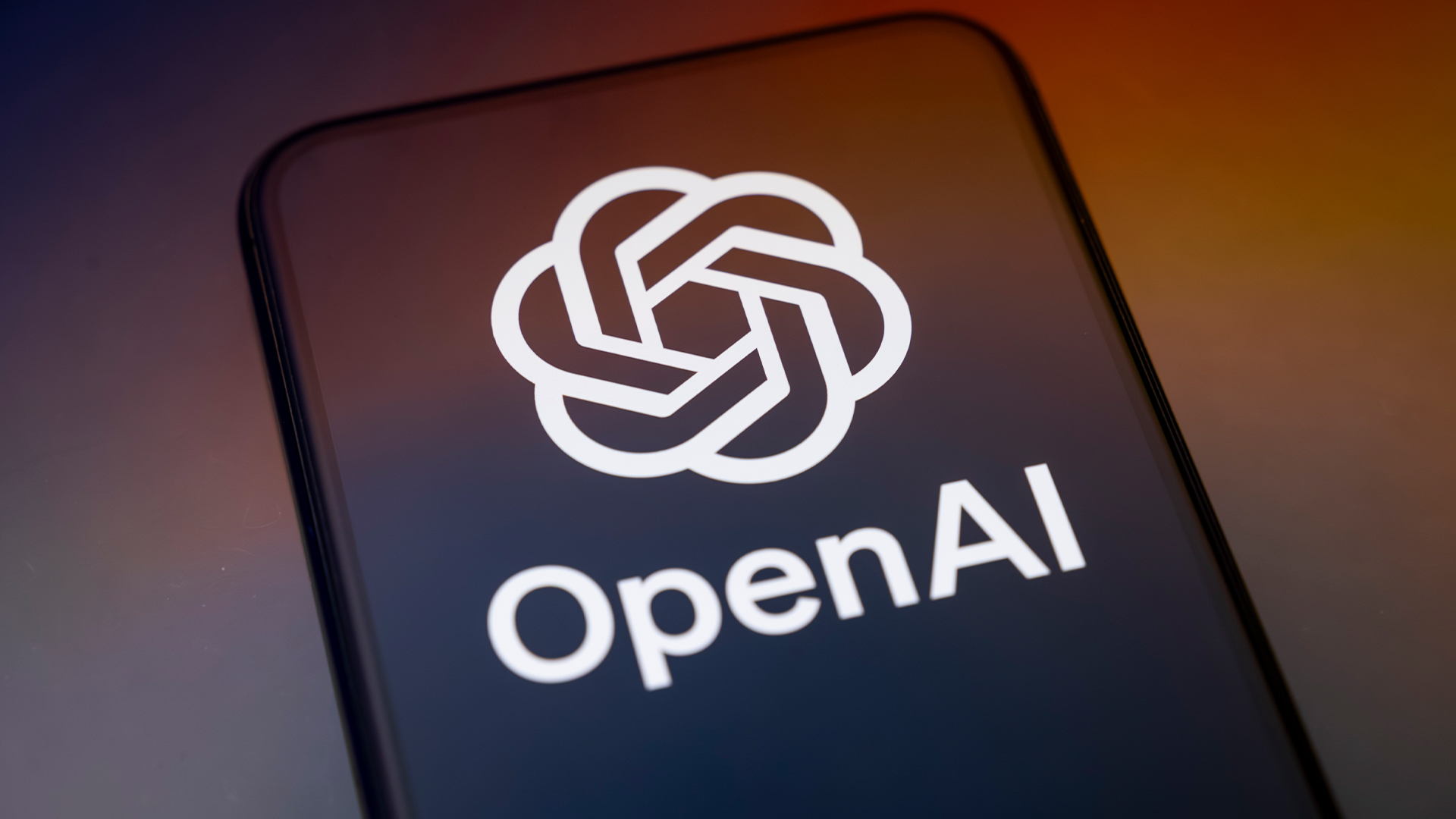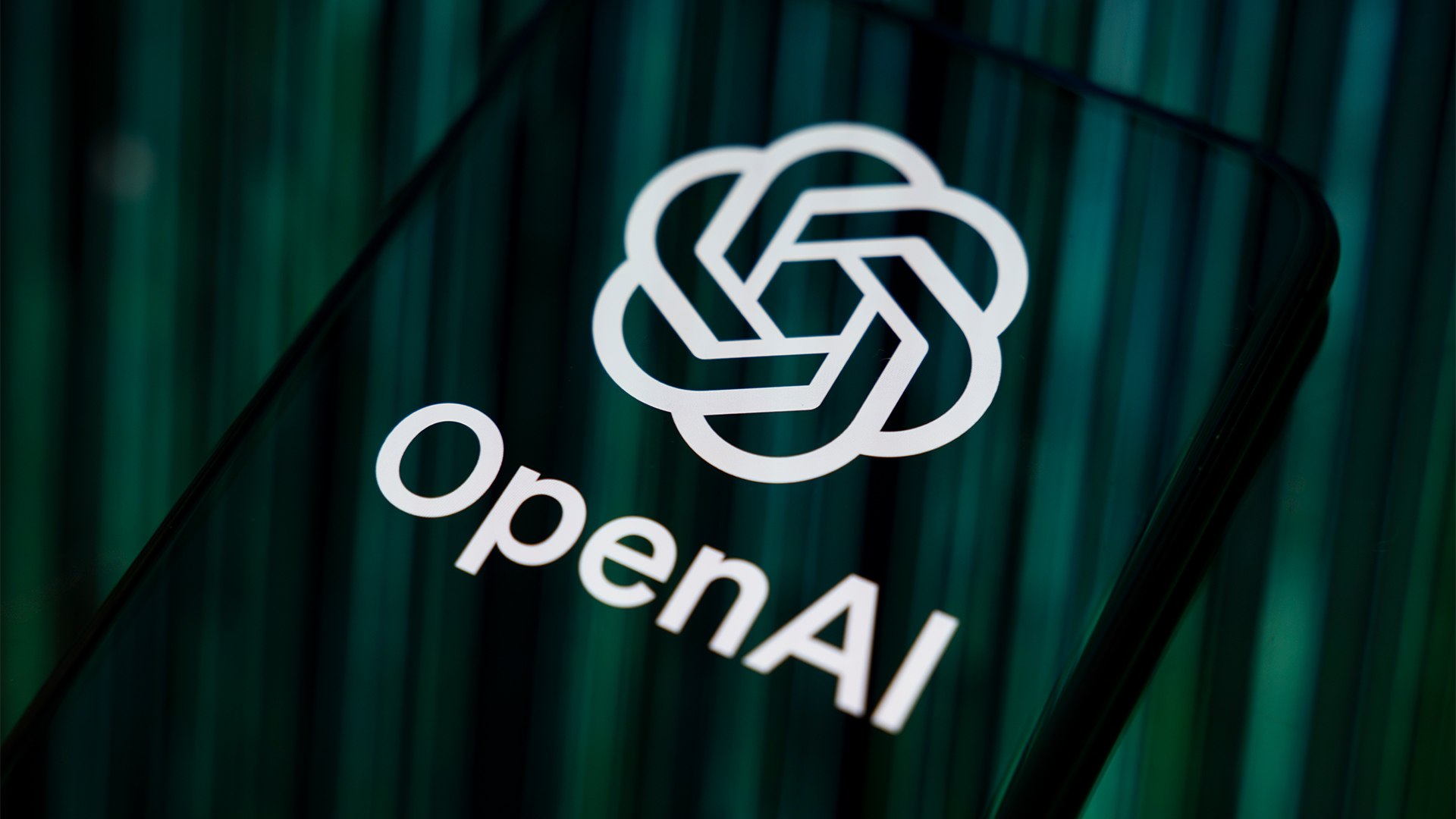Sam Altman reverses threat to ‘leave Europe’ over AI regulations
Altman’s comments during a panel discussion on Wednesday sparked criticism from EU lawmakers


Sign up today and you will receive a free copy of our Future Focus 2025 report - the leading guidance on AI, cybersecurity and other IT challenges as per 700+ senior executives
You are now subscribed
Your newsletter sign-up was successful
OpenAI chief executive Sam Altman has reneged on threats that the generative AI company could “leave Europe” due to an impending regulatory crackdown.
Earlier this week at an event in London, Altman suggested the company may pull out of Europe if it could not comply with upcoming AI regulations being considered by EU lawmakers.
While participating in a panel discussion at University College London (UCL), Altman said the company will “try to comply” with the pending regulations. However, he later told Reuters that, in their current state, the proposals would amount to “over regulating”.
“Either we’ll be able to solve those requirements or not,” Altman told attendees. “If we can comply, we will, and if we can’t, we’ll cease operating. We will try. But there are technical limits to what’s possible.”
The threat to back out of Europe sparked criticism from lawmakers across the union. Thierry Breton, European commissioner for internal markets, hit back at the comments, stating that rules on AI development “cannot be bargained”.
“Let’s be clear, our rules are put in place for the security and well-being of our citizens and this cannot be bargained,” he told Reuters on Thursday.
“Europe has been ahead of the curve designing a solid and balanced regulatory framework for AI which tackles risks related to fundamental rights or safety, but also enables innovation for Europe to become a frontrunner in trustworthy AI,” Breton added.
Sign up today and you will receive a free copy of our Future Focus 2025 report - the leading guidance on AI, cybersecurity and other IT challenges as per 700+ senior executives
very productive week of conversations in europe about how to best regulate AI! we are excited to continue to operate here and of course have no plans to leave.May 26, 2023
The backlash appears to have prompted Altman to renege on his comments. In a tweet sent on 26 May, Altman confirmed the company has no plans to leave Europe.
“Very productive week of conversations in Europe about how to best regulate AI,” he said. “We are excited to continue to operate here, and of course have no plans to leave.”
What prompted the pull-out threats?
The EU is currently working on a standardized set of rules to govern and regulate the development and use of generative AI technologies.
RELATED RESOURCE

AI inferencing with AMD EPYC™ processors
Providing an excellent platform for CPU-based AI inferencing
Under the current proposals, the regulations would see OpenAI systems such as GPT-4 designated as “high risk”, meaning that it would be forced to comply with additional safety requirements.
Other proposals would require companies such as OpenAI to disclose whether copyrighted materials have been used to train systems such as ChatGPT.
These aspects of the regulations have sparked concern at OpenAI, with critics suggesting that it would severely inhibit innovation and cause significant long-term issues.
The company has repeatedly argued that systems such as ChatGPT are not inherently high risk.

Ross Kelly is ITPro's News & Analysis Editor, responsible for leading the brand's news output and in-depth reporting on the latest stories from across the business technology landscape. Ross was previously a Staff Writer, during which time he developed a keen interest in cyber security, business leadership, and emerging technologies.
He graduated from Edinburgh Napier University in 2016 with a BA (Hons) in Journalism, and joined ITPro in 2022 after four years working in technology conference research.
For news pitches, you can contact Ross at ross.kelly@futurenet.com, or on Twitter and LinkedIn.
-
 OpenAI's Codex app is now available on macOS – and it’s free for some ChatGPT users for a limited time
OpenAI's Codex app is now available on macOS – and it’s free for some ChatGPT users for a limited timeNews OpenAI has rolled out the macOS app to help developers make more use of Codex in their work
-
 Amazon’s rumored OpenAI investment points to a “lack of confidence” in Nova model range
Amazon’s rumored OpenAI investment points to a “lack of confidence” in Nova model rangeNews The hyperscaler is among a number of firms targeting investment in the company
-
 OpenAI admits 'losing access to GPT‑4o will feel frustrating' for users – the company is pushing ahead with retirement plans anway
OpenAI admits 'losing access to GPT‑4o will feel frustrating' for users – the company is pushing ahead with retirement plans anwayNews OpenAI has confirmed plans to retire its popular GPT-4o model in February, citing increased uptake of its newer GPT-5 model range.
-
 ‘In the model race, it still trails’: Meta’s huge AI spending plans show it’s struggling to keep pace with OpenAI and Google – Mark Zuckerberg thinks the launch of agents that ‘really work’ will be the key
‘In the model race, it still trails’: Meta’s huge AI spending plans show it’s struggling to keep pace with OpenAI and Google – Mark Zuckerberg thinks the launch of agents that ‘really work’ will be the keyNews Meta CEO Mark Zuckerberg promises new models this year "will be good" as the tech giant looks to catch up in the AI race
-
 DeepSeek rocked Silicon Valley in January 2025 – one year on it looks set to shake things up again with a powerful new model release
DeepSeek rocked Silicon Valley in January 2025 – one year on it looks set to shake things up again with a powerful new model releaseAnalysis The Chinese AI company sent Silicon Valley into meltdown last year and it could rock the boat again with an upcoming model
-
 OpenAI says prompt injection attacks are a serious threat for AI browsers – and it’s a problem that’s ‘unlikely to ever be fully solved'
OpenAI says prompt injection attacks are a serious threat for AI browsers – and it’s a problem that’s ‘unlikely to ever be fully solved'News OpenAI details efforts to protect ChatGPT Atlas against prompt injection attacks
-
 OpenAI says GPT-5.2-Codex is its ‘most advanced agentic coding model yet’ – here’s what developers and cyber teams can expect
OpenAI says GPT-5.2-Codex is its ‘most advanced agentic coding model yet’ – here’s what developers and cyber teams can expectNews GPT-5.2 Codex is available immediately for paid ChatGPT users and API access will be rolled out in “coming weeks”
-
 OpenAI turns to red teamers to prevent malicious ChatGPT use as company warns future models could pose 'high' security risk
OpenAI turns to red teamers to prevent malicious ChatGPT use as company warns future models could pose 'high' security riskNews The ChatGPT maker wants to keep defenders ahead of attackers when it comes to AI security tools

